By Mackenzie Farkus
Staff Writer
J.D. Salinger’s 1951 novel The Catcher in the Rye has a long history of being banned. According to Time, The Catcher in the Rye was the most challenged book in the United States from 1961 to 1982. There was a resurgence of challenges in 2005 and 2009. The American Library Association states that The Catcher in the Rye has been banned by schools and public libraries for having “excess vulgar language, sexual scenes, things concerning moral issues, excessive violence and anything dealing with the occult” and “communism,” among other things.
I first read The Catcher in the Rye during my freshman year of high school. I don’t quite recall why I bought the novel itself; however, I wouldn’t be the least bit surprised if I had bought The Catcher in the Rye so it could sit pretty on my overflowing bookshelves. I remember being hesitant to read it at first, especially without the summary printed on the back copyright page, but the artwork caught my eye. Little did I know how important this book would be to me.

The Catcher in the Rye is about a boy named Holden Caulfield who escapes from his preparatory school and flees to New York City to discover himself. It’s a timeless tale of teenage angst, isolation, and coming to terms with one’s identity. In other words, it fit the narrative of my freshman year of high school perfectly. When I first read The Catcher in the Rye, I related to Caulfield, his studies of passerby, his frantic search for some sort of meaning in life, and of living life truly. When Caulfield’s road to self discovery was interrupted by tragedy, I felt his pain and confusion at his sudden loss of freedom.
Looking back on the book as a sophomore in college, however, I now realize why I enjoyed The Catcher in the Rye so much during my freshman year of high school. Caulfield is widely regarded as a teenager struggling with mental illness. At the time that I first read the novel, I was beginning to realize that I, too, struggled with mental illnesses that later turned out to be depression, Obsessive-Compulsive Disorder (OCD), and anxiety. I felt lost and afraid for much of my freshman year, wondering what I could possibly do in my life and if there was any meaning to it at all. I was new to discussions on mental illness as well, stuck with no resources to help me figure out what was going on within my mind. Caulfield made me realize that there were other people like me out in the world, and just knowing that a character with mental illness existed made the world a little bit brighter.
To challenge or ban a book is to deny a different perspective, and is an effort to try to hide these perspectives from the world. In the case of The Catcher in the Rye, students are missing out on a perspective that could help them realize that they are not alone.









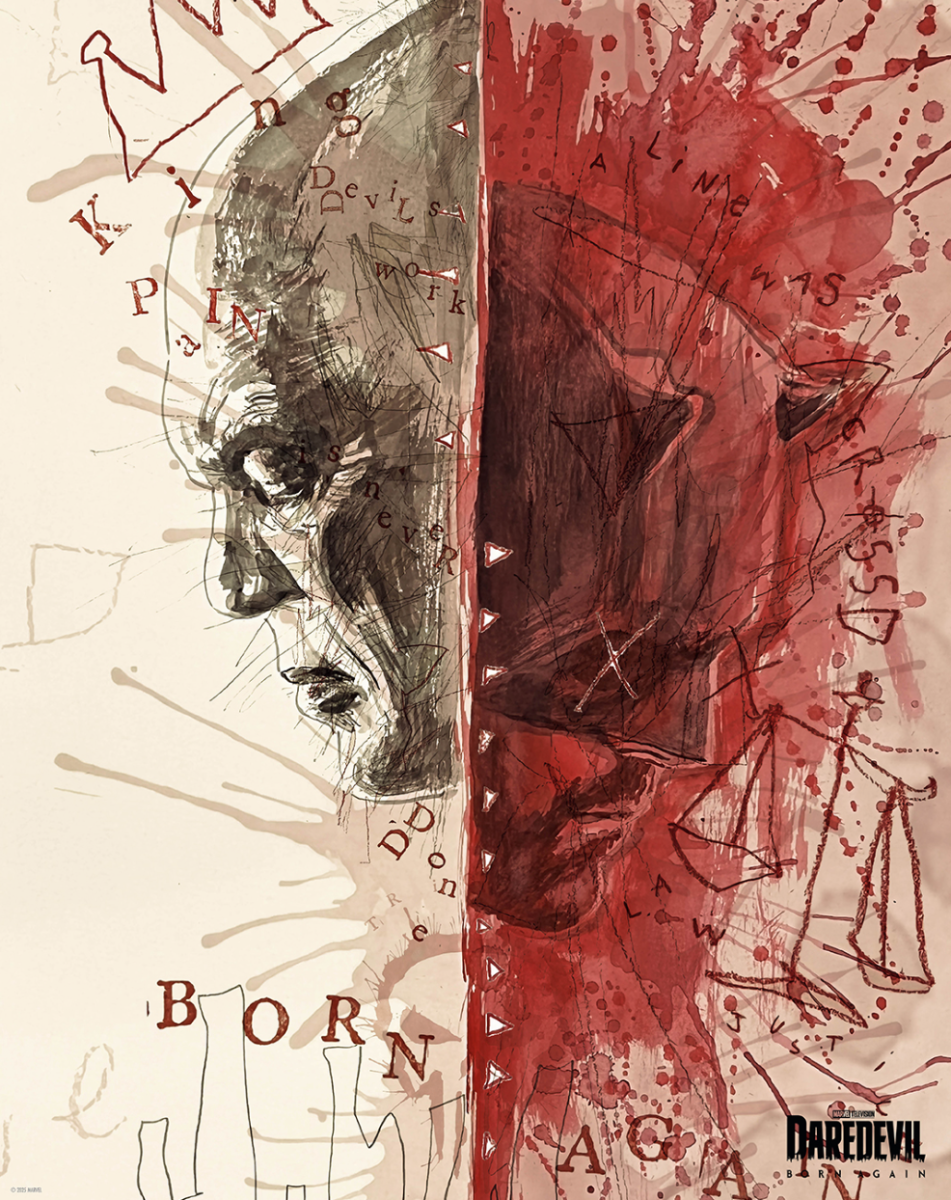



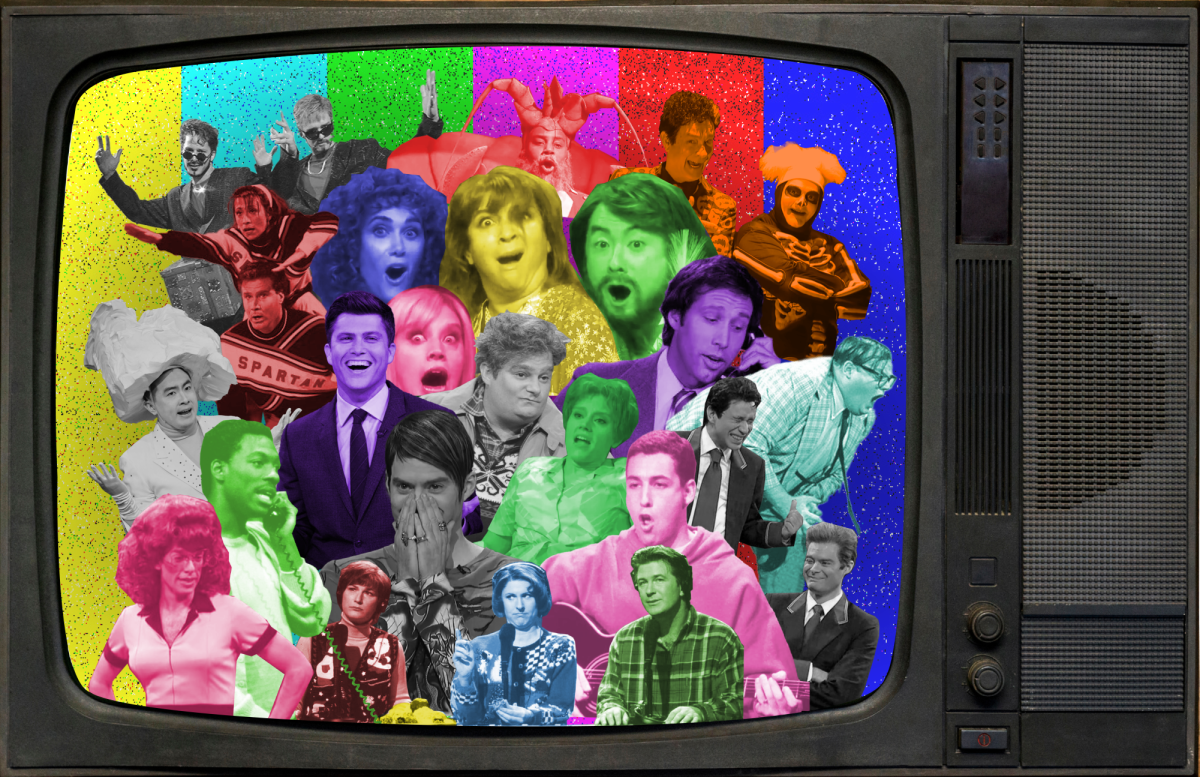
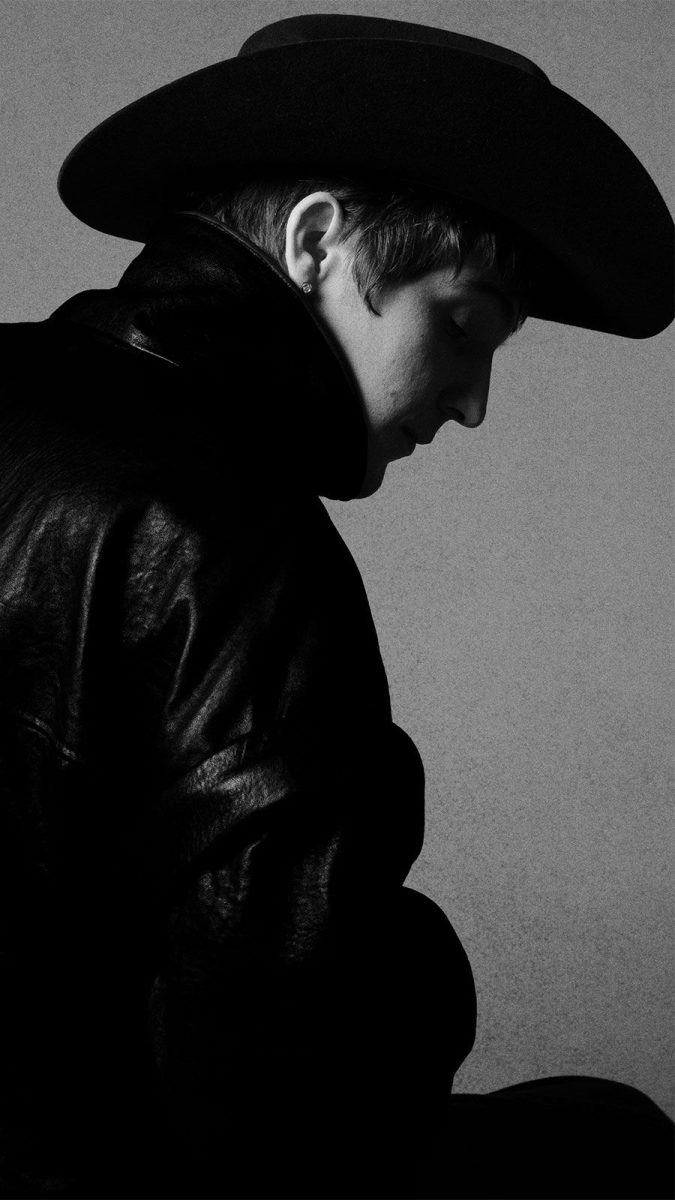
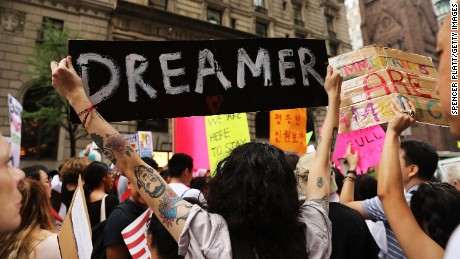
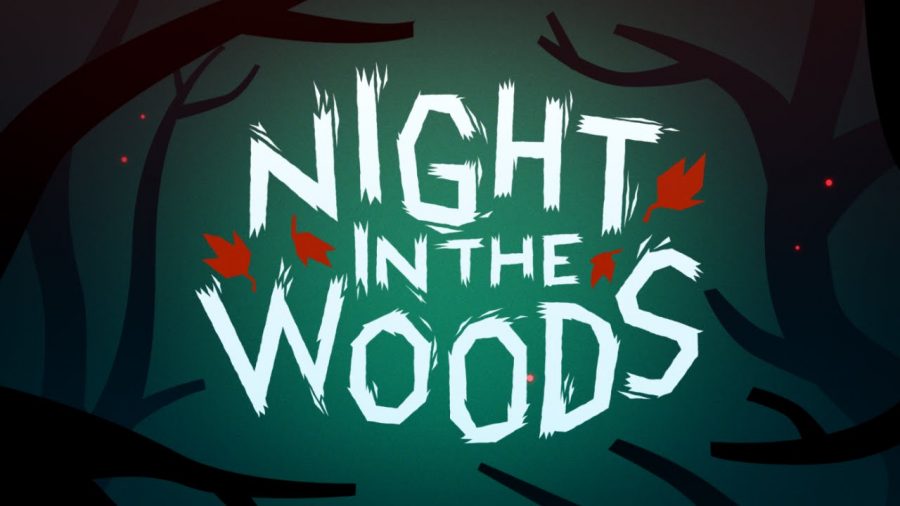
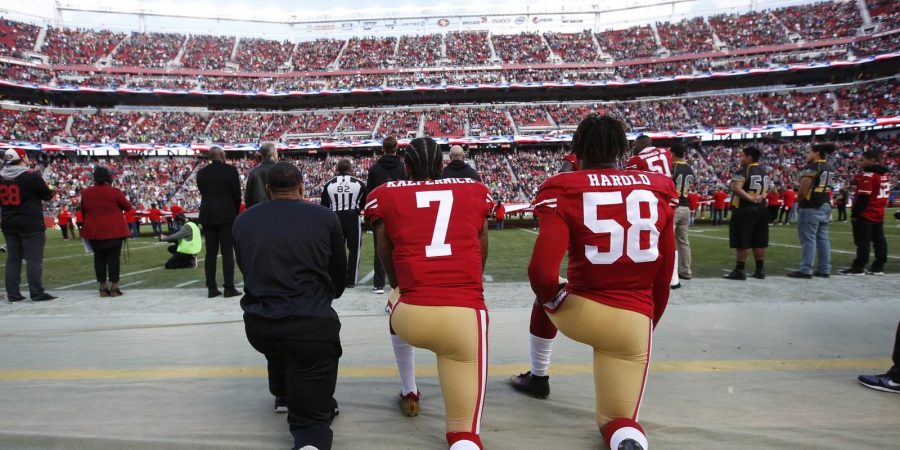
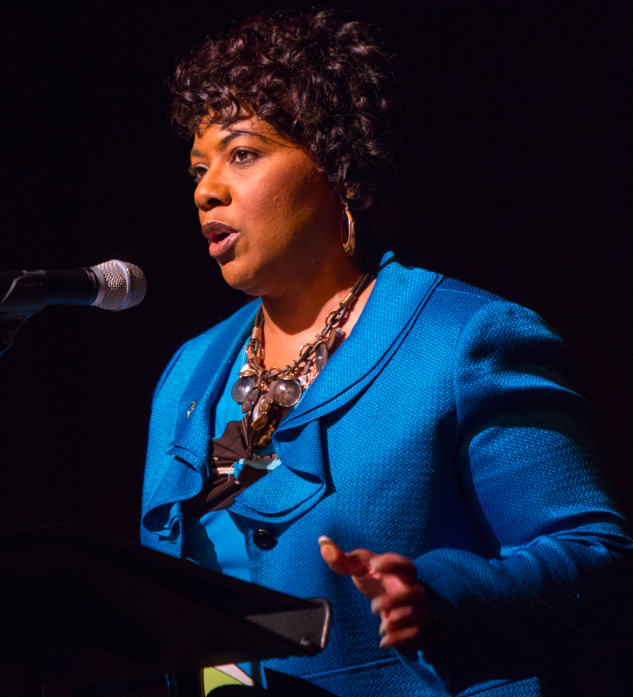


Julie Alvarez • Aug 11, 2024 at 2:54 pm
Banning books in a free country should never happen!
VALERIE MORRISON • Mar 6, 2023 at 5:53 pm
It is not our governments right to to ban or challenge any literature!
Last time I checked, I fully capable of making these decisions on my on!